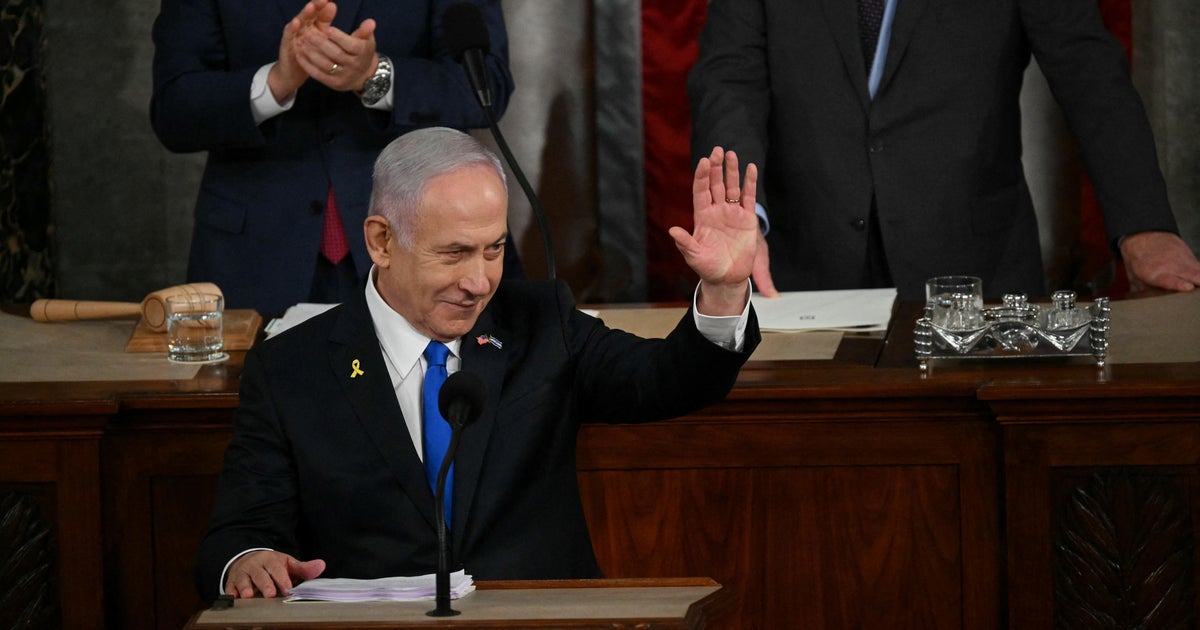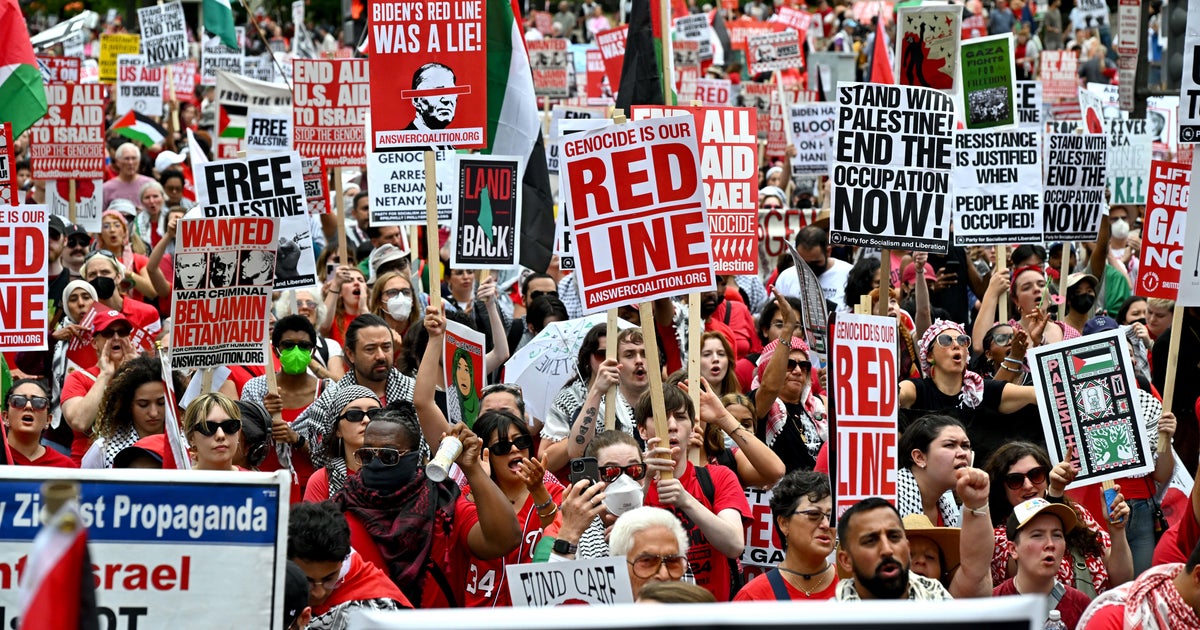Lawmakers questioned Fauci about "lab leak" COVID theory in marathon closed-door congressional interview
Washington — Members of Congress, their staffers and one of the world's most famous doctors, Dr. Anthony Fauci, sat for 14 hours over two days last week around a long conference table in a private office in the basement of the U.S. Capitol Visitor Center. They took breaks to munch on sandwiches, salads, cookies and chips. And the two main players shook hands at the very end.
The marathon closed-door interview sessions with Fauci, who helped spearhead the federal government's response to the COVID pandemic, are setting the stage for a higher-profile public hearing and interrogation in late spring or early summer, according to multiple sources who spoke with CBS News. And the questioning will happen in the middle of a heated election year, as some Republicans continue to blister Fauci with criticism over his role in the government's response to the pandemic.
The Republican-led House Select Subcommittee on the Coronavirus Pandemic has been probing Fauci's handling of the pandemic; the origins of COVID-19, including the theory that COVID leaked from a Chinese lab; and vaccine mandates and programs overseen by government officials during the pandemic.
Sources in the room for Fauci's two-day interview told CBS News the meeting was cordial, but also revealed the intense and fractious political divide over his legacy and work.
The Fauci interview
With hourly breaks, Republican and Democratic staffers and members took turns peppering Fauci with questions about his work during the Trump and Biden administrations' response to COVID.
Republicans pressed Fauci on the "lab leak" theory, which posits that the coronavirus escaped from a virology lab in China, and other lines of inquiry about COVID's origins. They also asked Fauci about the social distancing and school closures that defined the experience of the pandemic for Americans.
The panel's chairman, Rep. Brad Wenstrup of Ohio, told CBS News the interview and the exchanges were cordial and professional. In a public statement after the two-day interview, Wenstrup said Fauci "testified that the lab leak hypothesis — which was often suppressed — was, in fact, not a conspiracy theory. Further, the social distancing recommendations forced on Americans 'sort of just appeared' and were likely not based on scientific data."
Rep. Raul Ruiz of California, the top Democrat on the panel, told CBS News that "Dr. Fauci is a dedicated public servant who stepped up for our nation during the darkest days of the COVID-19 pandemic." He criticized House Republicans for pursuing what he called "a politically motivated probe to vilify him."
According to sources familiar with the interview, one Republican lawmaker questioned Fauci about learning loss suffered by students who were shifted to virtual schooling during the peak of the pandemic.
Fauci declined to comment to CBS News about his interview. But in a statement, his attorney pushed back on anticipated criticism of Fauci's responses about educational setbacks.
"Dr. Fauci does not deny, nor has he ever denied, that for a variety of obvious reasons, the pandemic resulted in a substantial learning loss to children," Fauci's attorney wrote.
Subcommittee Republicans also said Fauci "admitted that America's vaccine mandates during the COVID-19 pandemic could increase vaccine hesitancy in the future."
Republicans said Fauci, who served for 38 years as director of the National Institute of Allergy and Infectious Disease in Maryland before retiring in 2022, responded to questions with "I don't recall" more than 100 times during the two-day interview.
One Democratic aide said Republicans are unfairly characterizing Fauci's responses. The aide, who was familiar with the interview, said Republican staffers and members asked Fauci uniquely specific and granular questions about individual conversations from four years ago. "No one would be able to answer some of the Republicans' questions with specificity," the aide said.
Democrats blasted Republicans on the committee for not immediately releasing a full transcript of Fauci's interview for public consumption. Republicans said the transcripts must first be reviewed by committee members, aides, Fauci and Fauci's representatives to ensure the accuracy of the transcriptions before the records can be released. No timetable for publishing the transcript has been announced.
Multiple aides familiar with the subcommittee's work told CBS News they expect the majority to call Fauci to testify at a public hearing in the next four or five months. The hearing could be volatile, since Fauci continues to be a frequent target of Republican presidential candidates, who accuse him of mishandling the nation's COVID response. GOP Florida Gov. Ron DeSantis called Fauci a "tyrant" in a social media post earlier this month.
Republican Rep. Ronny Jackson of Texas, who attended the Fauci interview, accused Democrats of asking "soft-ball questions" during the extended sit-down.
"There will be a public hearing eventually. He'll come back at some point. That will be a lot more theater," Jackson said. He added that the closed-door interview was "cordial and very professional" and that questioning was mostly conducted by lawyers and committee staff.
The subcommittee also interviewed former National Institutes of Health director Dr. Francis Collins last week as part of its probe. The subcommittee said the interview with Collins also included questions about COVID's origins, the lab leak theory and the federal government's 2020 guidance about social distancing.
Wenstrup told CBS News the interview with Fauci will be used to help the committee produce its final report on its investigative findings late this year, likely after the 2024 elections. Republicans and Democrats will each release their own report.





